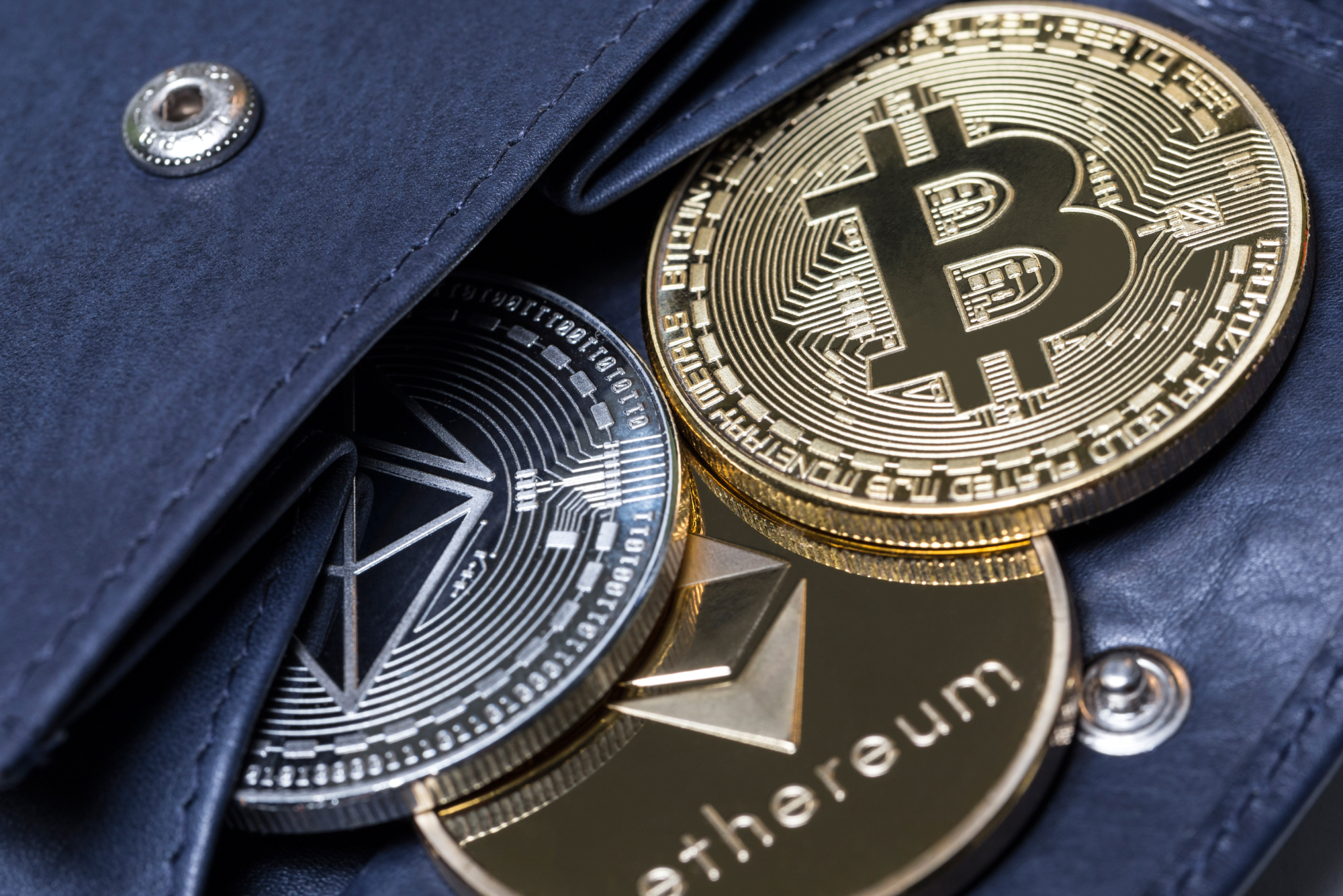Did you know that an estimated 106 million people now use cryptocurrency around the world? As we enter the new world for the digital age, more and more consumers are adopting alternative ways to purchase items online and in brick-and-mortar locations. With mainstream firms, such as PayPal and JPMorgan, investing in Bitcoin and adding it to their platforms, it is making it easier than ever for consumers to shop with alternative payments.
As cryptocurrencies continue to show widespread adoption for the new age of the digital world, consumers can now use their crypto to pay for goods and services. Bitcoin is purely a peer-to-peer version of electronic cash that allows online payments to be sent directly from one party to another without going through a financial institution, in turn making it faster and easier for all parties.
The adoption of cryptocurrency as payments also provides major benefits to merchants, people, and businesses to global accessibility, lower merchant transaction fees, enhanced security, faster processing, adoption of cloud computing, and even the possibility of higher conversions due to simplified payment processing platforms.
Cryptocurrencies provide consumers with a sense of security, as they are kept on a shared ledger aka the blockchain. Because of this, no information can be altered, which also provides increased transparency and reduces the possibility of fraud. Payments such as Bitcoin are decentralized, so customers and merchants can transfer wealth between one another without having to go to banks. Payments in cryptocurrencies also lead to less commitment and more inclusivity.
Cryptocurrency payments allow consumers to have complete anonymity, no fraud, constant access to accounts, lower fees, elimination of banking fees and everyone can receive access. When you swipe your credit or debit card, your personal information is attached, and businesses, banks, in which governments can use this data to track your activities. Additionally, cryptocurrency transactions carry no personal information (unless you add it yourself), which also decreases the chances of identity theft.
Do you think that cryptocurrency use will one day outpace traditional payment methods?
